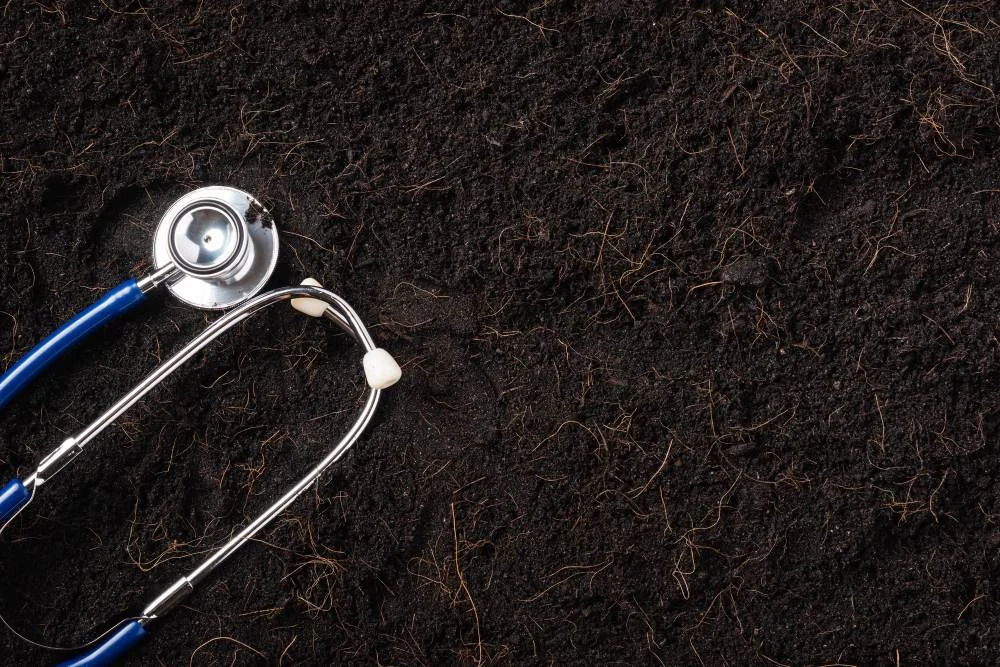Undoubtedly good soil equals good growth. While some might overlook it, experienced gardeners know soil quality is just as important as choosing the right plants. If you’re here, you’re already on the right track.
So how much in effect is the importance of soil health? In short, healthy soil allows the plants to receive adequate nutrients that are required for them to grow correctly. Furthermore, it helps to keep pests away from your garden.
Nevertheless, this is not only it. There are other factors in soil health as well that contribute to a healthy garden. Knowing these will allow you to understand how soil quality impacts your garden. As a result, you will be able to grow a healthier garden. Let’s start.
Importance Of Soil Health: Explained With 5 Reasons
In gardening, soil serves as the essential groundwork for nurturing healthy and vibrant gardens. Thus, you shouldn’t expect a fine garden just by planting the seeds in your garden and watering it. There’s more to gardening and good-quality soil is one of them.
Here’s a list of how soil health impacts your garden;
- Water Holding Capabilities
Even if you water your plants every day, it doesn’t imply they are getting the most out of it. This is where the water-holding capabilities of soil come in. Good-quality soil is capable of holding water for a longer period.
As a result, plants can utilize the water to its full potential and stay hydrated throughout.
- Water Drainage
The soil shouldn’t be tight since it blocks the water from penetrating through it. So we can consider tight soil as a non-healthy one. In this type of soil, there would be waterlogging present which would stop the roots from receiving the water adequately.
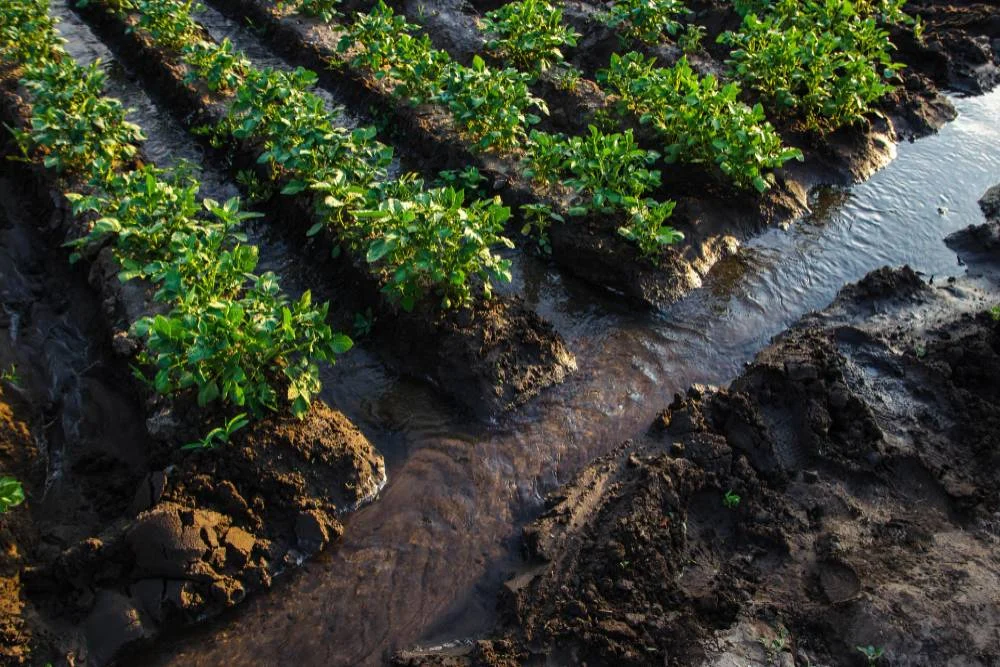
On the other hand, loose soil promotes root penetration and is considered healthy. This type of soil allows plants to access water and nutrients more effectively.
- Home For Microorganisms
Plants need microbes such as bacteria, fungi, and actinomycetes to survive. These microorganisms help to break down the biological matter in the soil into nourishment. This is the only way plants can utilize the nutrients in the soil to live.
However, these microorganisms need a specific environment to survive provided by fine soil.
- Biological Pest Resistance
In the last section, we talked about how microorganisms break down the food for plants. Well, these microorganisms also play a crucial role in biological pest control in your garden.
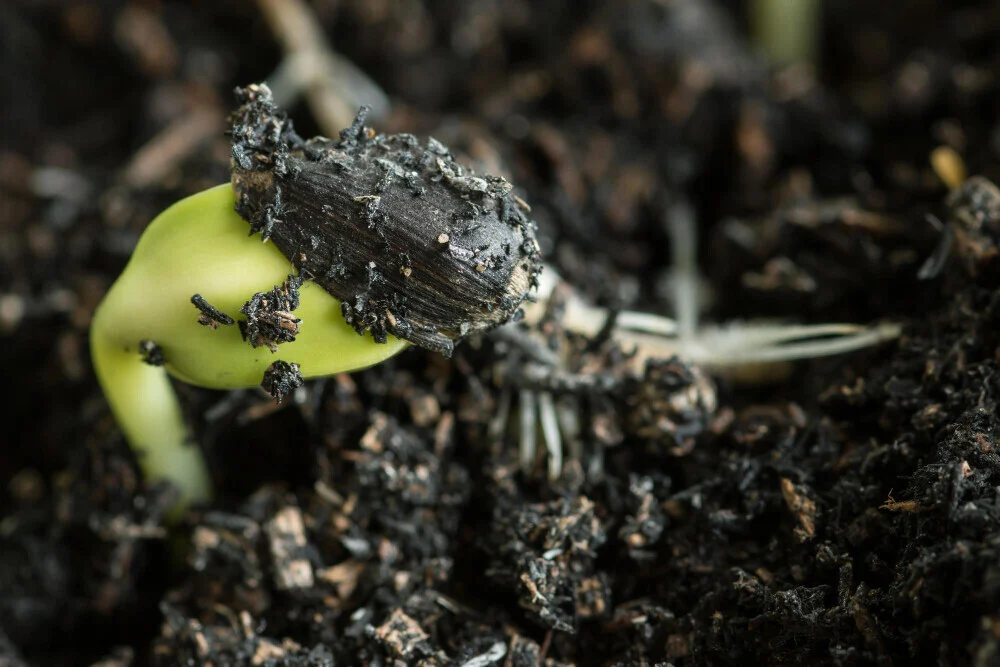
With healthier soil, microorganisms get a suitable environment and can infect harmful pests. As a result, your garden stays free from harmful pests that could have damaged your plants.
- Protection Of The Plants
Lastly, your plants grow on the soil, and the roots are attached to the soil. In other words, soil is the guardian of your plants. So whether it be heavy wind or anything substantial, the soil helps the plant to stay in place.
This is why fine-quality soil is recommended, to provide your plants with maximum protection. On the other hand, weak loam can cause uprooting in plants even in mediocre wind levels.
Signs That You Have Unhealthy Soil
Now that you know how significant healthy soil is to your garden, you might want to know whether your garden consists of fine soil. Well, precaution is undoubtedly better than cure so knowing it early can help you prevent problems in the future. Here are the signs that indicate you have unhealthy soil;
- Plant growth is slow.
- Leaves have turned yellow even though nutrients and sunshine are present.
- Waterlogging is present at the top.
- Poor fruit set, small or misshapen fruits, and vegetables.
- Soil runoff or erosion during heavy rainfall.
- Weeds growing in large numbers, which means that the soil environment and nutrient levels are out of balance.
- Frequent damage or death in plants due to harmful pests.
- The pH level is not in the adequate range between 5.5 and 7.5.
How To Make The Soil Healthier
The fact that you are here means you know the soil in your garden isn’t satisfactory. We can help you restore that. Our tried-and-true methods can help you improve the soil’s health. Let’s check them out.
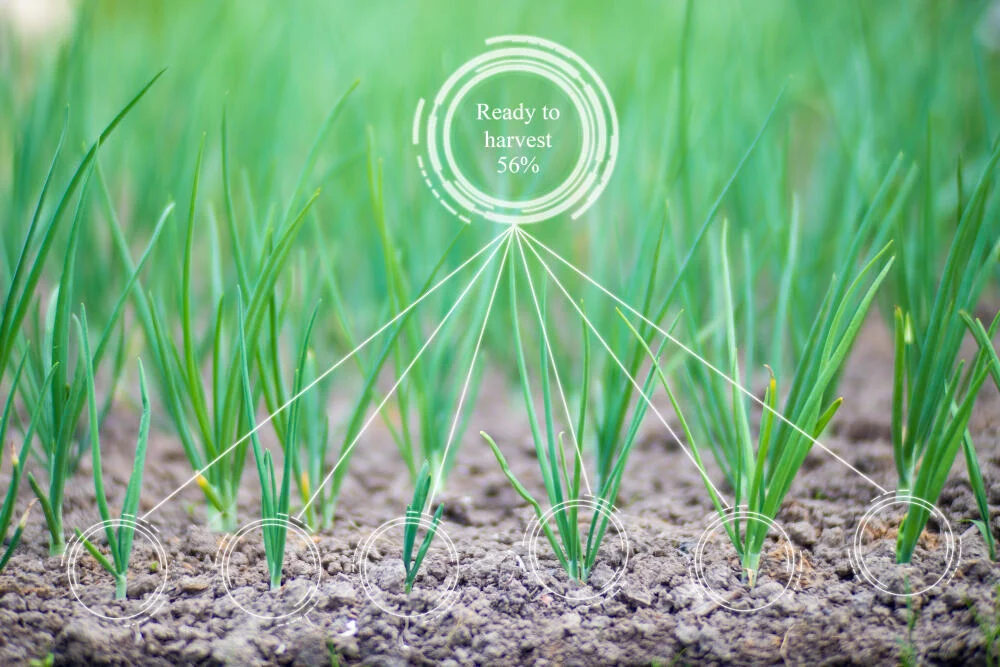
- Crop Rotation
Crop rotation is a fundamental agricultural practice that we have seen farmers doing for ages. This is significantly useful to soil health and fertility and does that by promoting biodiversity. By diversifying your crops, the pests and diseases don’t get the chance to grow significantly.
Furthermore, crop rotation helps in building a suitable soil structure. Since different crops have varying root structures and depths, crop rotation helps to break compacted soil.
- Mulching The Soil
Another effective way to make your soil healthier is by mulching the soil. Lay down organic mulch such as straw, wood chips, or grass clippings on the soil surface.
Overall, this acts as a protective layer on the soil surface, reducing evaporation and helping to retain soil moisture.
- Balancing Out The pH Level
The first step is to check the pH level of the soil. It should generally be around 5.5 and 7.5. If it is lower than 5.5 then use lime on the soil to increase the pH level. On the other hand, if it’s higher than 7.5 then use sulfur to lower the pH level.
- Tilling
Tillin is an effective way to keep the soil ventilated. As a result, the root gets more space for penetration and allows the plants to grow healthier. However, too much tilling can lead to adverse side effects.
It’s best if you do tilling in your garden once or twice a year. On the other hand, for the depth, you shouldn’t go more than 12 inches for optimal results.
- Rotate Cover Crops
Like crop rotation, cover crops are also recommended to rotate every 2 to 3 years. So cover crops such as legumes, grasses, or brassicas should be rotated to keep your soil healthy.
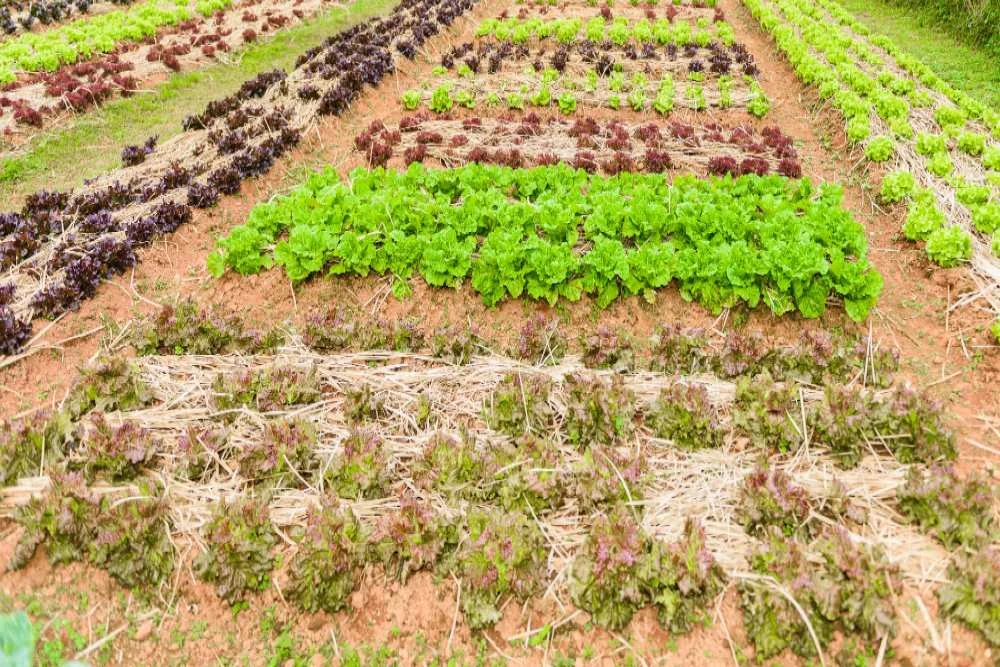
This works since different cover crops take in nutrients in different ways. Therefore, cover crops with different nutrient requirements should be rotated to keep nutrients from becoming imbalanced. This helps nutrients move around in the soil more efficiently and make the soil healthier.
Conclusion
Overall, the importance of soil health in gardening is indispensable. Starting from water holding, proper water drainage, breaking down plant nutrients, and pest resistance to the overall protection of the plant, healthy soil does it all.
Therefore, if you are looking to grow healthy gardens, there’s no better alternative than to take care of the soil. You can do that by munching the soil, crop rotation, cover crops rotation, tilling, and balancing out the pH level.

